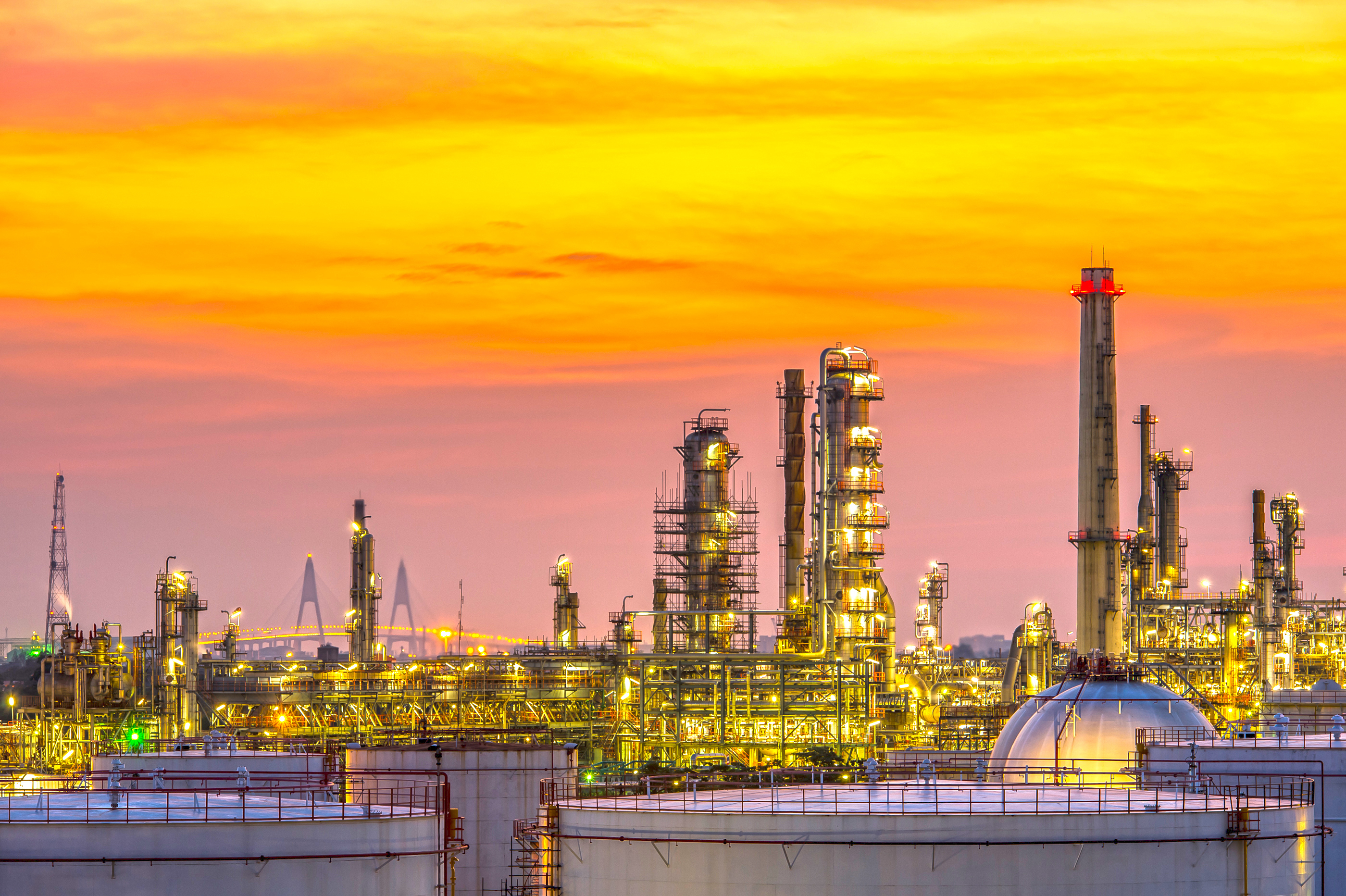Report: RE endangers viability of LNG projects
- May 6, 2021
- 0

Around $13.6 billion (about Php654 billion) worth of liquefied natural gas (LNG) projects could be stranded due to the growth of renewable energy (RE) in the Philippines, according to a new report by the Institute for Energy Economics and Financial Analysis (IEEFA).
The report cited the government’s “rapid buildout of infrastructure” ahead of the depletion of the Malampaya gas field’s resources.
“As renewables prices continue to drop and global LNG markets tighten to increase fuel costs, LNG-related investments will become increasingly uncompetitive in the Philippines market, especially as smaller electricity consumers become eligible to choose their retail suppliers,” IEEFA Energy Finance analyst Sam Reynolds said in a statement.
“The Philippines has a long history of incomplete LNG import projects and to date a large diversity of industry players with extensive financial capacity and project management expertise—including international oil and gas majors, commodity traders, state-owned oil companies, and regional utilities—have been unable to bring LNG-to-power assets online,” the statement read further.
Based on a Manila Standard report, however, some energy stakeholders questioned the IEEFA document because the intermittency of RE could not provide the grids’ baseload requirements.
They added that LNG has the strongest potential to easily address the intermittency of RE because there will be no new coal projects due to the Department of Energy’s (DOE) moratorium.
“As policies in the Philippines accelerate the transition to clean energy, natural gas-fired power plants reliant on volatile imported fuel prices will realize fewer opportunities for long-term guaranteed returns. Going forward, investors will have to take on significantly greater market risk. Whether they will be willing to do so remains to be seen,” Reynolds said.
The DOE has recently granted Notices to Proceed for the LNG projects of three firms, namely: Shell Energy Philippines, Vires Energy, and Atlantic Gulf & Pacific, all in Batangas.
Reynolds added that LNG-fired power plant investors would be at risk because there are no available government-backed power purchase agreements or guarantees. He specifically noted that the implementation of the government’s retail competition and open access (RCOA) policy would make power distributors increasingly wary of locking-in long-term LNG price volatility and infrastructure costs.
Under the RCOA, customers can choose their own retail electricity supplier (RES) to address their power needs.
The country’s major power generators have their own RESs.
IEEFA is an international non-profit organization that examines issues related to energy markets, trends, and policies.